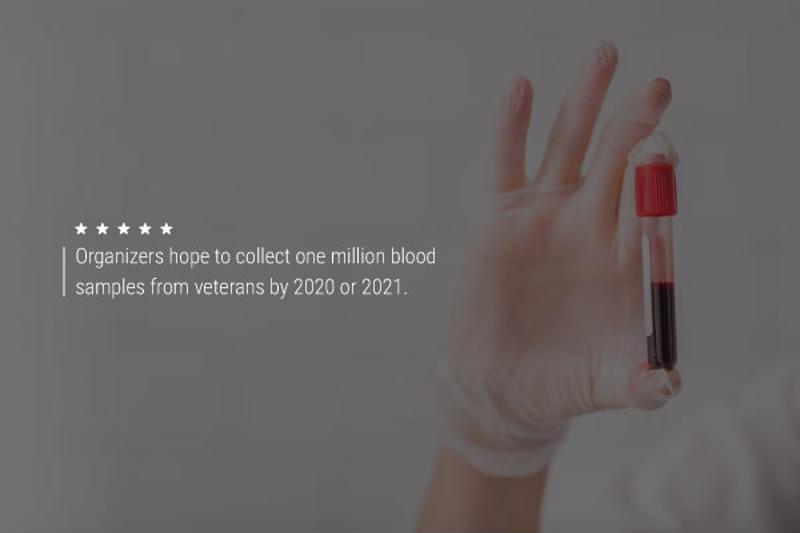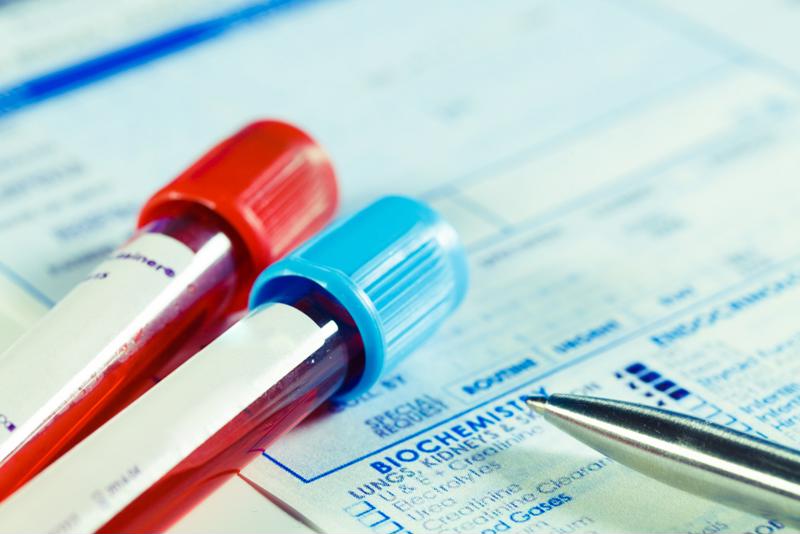U.S. military veterans are finding new purpose by serving their country in a different way. Though their time protecting American freedoms is up, they're now supporting medical research through the Million Veterans Program.
First veterans, now MVPs
Launched in 2011, the MVP is a voluntary research program funded entirely by the Department of Veterans Affairs Office of Research and Development. It connects military veterans with genetic researchers to help the latter study how genes affect health. In doing so, scientists believe the MVP will give insight into the hereditary aspects of diseases like diabetes, cancer and heart disease in addition to helping uncover the reasons why and how some people respond to certain medications. The research will also help scientists learn more about military-related illnesses like post-traumatic stress disorder.
The ultimate goal of the MVP is to collect health information and blood samples from at least one million military veterans. This collection would be one of the world's largest and most racially diverse medical databases.
Veterans are not enrolled in the program automatically; they may choose to participate or, if they don't wish to join the program, keep their records private. To be part of the study, vets must fill out a survey about their current health and behaviors in addition to having a sample of their blood drawn. Furthermore, they must allow researchers to access their VA and VA-linked health information, including all past and future data. Finally, vets must agree to remain in contact with MVP organizers in the future.

Why military veterans?
Some might consider that, after years of valor and sacrifice, having veterans participate in medical research is asking too much. However, vets are the perfect sample for such studies.
Heath researchers need large sample sizes for their research but often have a hard time locating enough participants. Given that there were approximately 20.4 million veterans in the U.S. as of 2016, according to the VA, researchers can easily find enough people to provide a healthy data set.
In addition, veterans using VA services have consistent medical records, which provide for better research. The average citizen switches health providers and/or insurance companies multiple times throughout their life, so their records aren't centralized or – in some cases – even complete. Veterans, meanwhile, have decades of consistent records in one database, so health officials don't have to worry about inaccuracies.
That said, many veterans experience encounters during their service that could have had a genetic impact. Studies show chronic stress affects chromosomes in a manner that, according to the American Psychological Association, can contribute to cellular aging and increase the risk of heart disease, cancer and diabetes. MVP researchers are aware of this fact and will structure their research accordingly.
Additionally, the majority of military veterans are male, which would skew the database in terms of gender. According to the Milwaukee Journal Sentinel, women make up approximately 8 percent of current MVP participants, and organizers are working to get more female volunteers. Still, the current sample is one of the most racially diverse in the world. African-American participants make up 17 percent of the group, Hispanics 7 percent and American Indians 2 percent.
The MVP's present and future
The program currently has over 630,000 veterans, according to the Milwaukee Journal Sentinel. Organizers plan to gather the full one million genetic samples by 2020 or 2021. However, researchers have no plans to wait to get started. Eight studies are already in progress, and more are expected to begin shortly.
So far, scientists have begun or plan to start using the collected genetic samples to research:
- Mental health issues, including PTSD, substance abuse, bipolar depression and schizophrenia.
- Chronic heart and kidney disease.
- Diabetes.
- Tinnitus.
- Breast cancer.
- Age-related macular degeneration.
The breadth of conditions these genetic samples can provide insight on is yet another way for veterans to continue serving their country.

